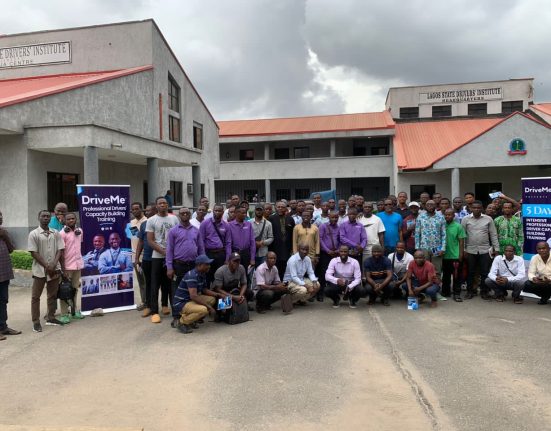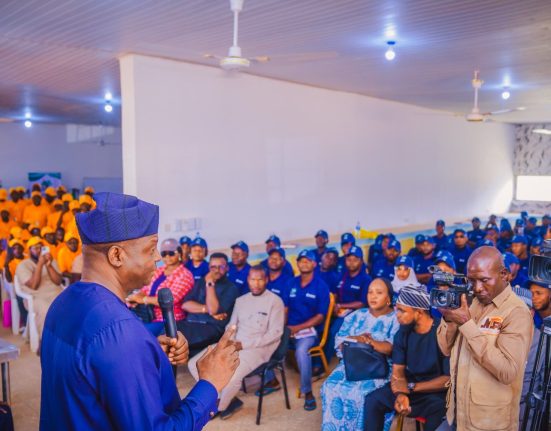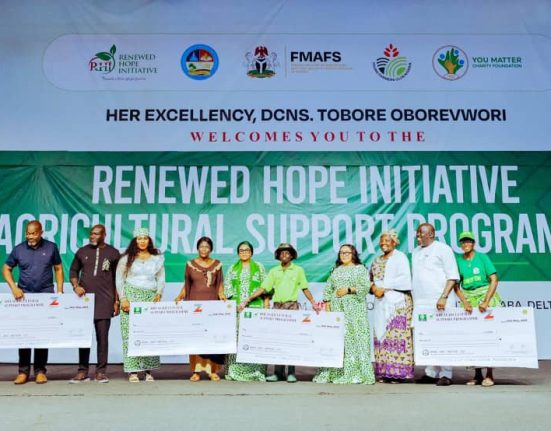The Federal Government has unveiled a bold new initiative, earmarking a staggering N120 billion for a rapid-response youth empowerment programme aimed at training 60,000 Nigerian youths within a period of just three months. The programme, which signals a shift toward high-impact, time-bound economic interventions, is designed to address rising unemployment and underemployment among the nation’s young population.
At the heart of this initiative is a plan to engage credible companies and institutions with the capacity to deliver practical, industry-relevant training across various sectors. These sectors range from technology, agri-business, and creative industries to manufacturing, renewable energy, and vocational trades. According to government sources, the goal is not only to provide training but to ensure that beneficiaries can transition quickly into employment, entrepreneurship, or advanced skill development.
A senior official involved in the planning of the programme stated that this initiative is not just another round of handouts, but a strategic investment in Nigeria’s future workforce. Unlike past efforts that often lacked measurable impact, this programme will be rigorously monitored, with built-in evaluation systems to track the number of youths trained, the quality of skills imparted, and the employment outcomes achieved within a short timeframe. The selection process for the implementing partners will be competitive, with a focus on institutions that can demonstrate verifiable results and a track record of successful capacity building.
In a country where youth unemployment remains a persistent challenge, this initiative offers a glimmer of hope. The programme is designed to go beyond training halls. It will also support business incubation, access to digital tools, and limited financing for those interested in launching small businesses or startups. Some of the trainees will also be placed in internships and mentorship tracks to facilitate industry experience and networking opportunities.
The scale and urgency of the programme have drawn attention from development experts and economists alike. Many have welcomed the move, noting that the N120 billion allocation, if properly utilized, could set a new benchmark for youth-oriented policy delivery in Nigeria. However, there are also calls for strong transparency mechanisms to prevent fund mismanagement and ensure that the money reaches the intended beneficiaries.
The implementation phase is expected to commence soon, and there is growing anticipation from young Nigerians hoping to be part of the programme. While many await the release of official guidelines for application and selection, stakeholders are optimistic that this could be a defining moment in Nigeria’s journey toward inclusive economic growth and sustainable human capital development.
With the future of 60,000 young Nigerians hanging in the balance, the Federal Government’s ability to deliver on this promise will either restore public confidence or deepen the skepticism that has long surrounded youth empowerment programmes in the country.






